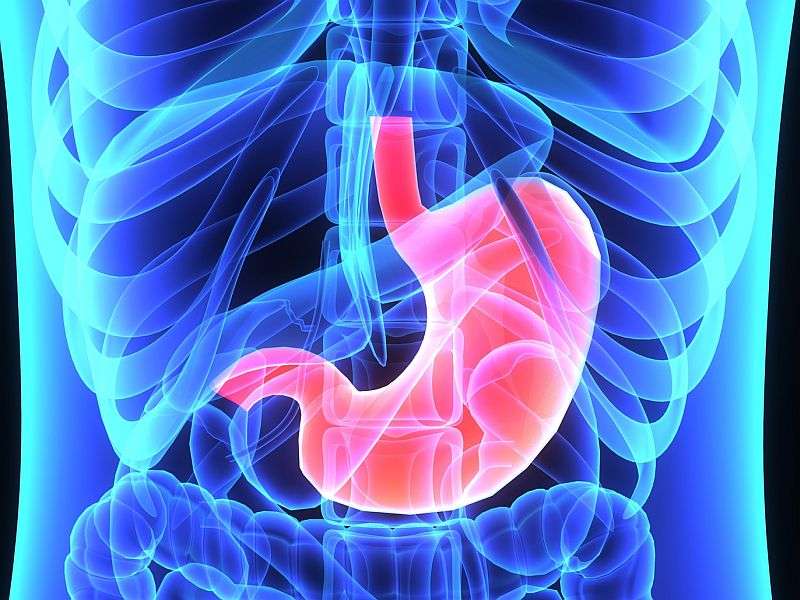Rapid improvement in insulin sensitivity with bariatric surgery

(HealthDay)—For obese patients without diabetes, bariatric surgery improves insulin sensitivity (IS), with more pronounced improvements for Roux-en-Y gastric bypass (RYGB) than for laparoscopic adjustable gastric banding (LAGB), according to a study published online Aug. 29 inDiabetes Care.
Amalia Gastaldelli, Ph.D., from the CNR Institute of Clinical Physiology in Pisa, Italy, and colleagues compared the short-term effects of bariatric surgical procedures with a very lowcaloric intake(VLCI) on IS and insulin secretion (ISR). Twentyobese patientswithout diabetes were admitted for one week of VLCI; about three months later, 10 patients underwent LAGB and 10 underwent RYGB. One week after surgery, the participants were restudied under the same VLCI regimen.
The researchers found that patients lost 2.1 kg after one week of VLCI, with no significant changes in hepaticinsulin sensitivity(Hep-IS), adipose insulin sensitivity (Adipo-IS), peripheral insulin sensitivity (M/I), or disposition index (DI). Greater weight loss was seen with RYGB (5.5 kg) and LAGB (5.2 kg), which also correlated with significant improvement in Hep-IS, endogenous glucose production, and lipolysis. RYGB improved Adipo-IS and M/I. There was no change in ISR or DI in either surgical group.
"Bariatric surgery improves IS within one week," the authors write. "These metabolic effects were independent of caloric intake and more pronounced after RYGB compared with LAGB."
The study was funded by F. Hoffmann-La Roche.
更多的信息:完整的Text (subscription or payment may be required)
Copyright © 2016HealthDay. All rights reserved.
















